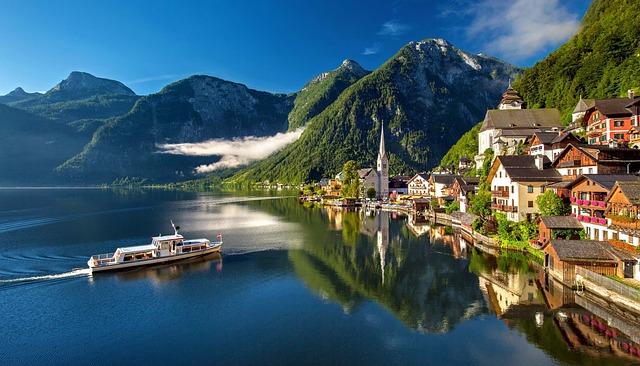
Introduction:
Tour operators play a crucial role in the travel industry, serving as the bridge between travelers and their dream destinations. With their expertise, resources, and local knowledge, tour operators curate unforgettable travel experiences, ranging from guided tours and adventure expeditions to luxury getaways and cultural immersions. In this comprehensive article, we delve into the world of touroperators, exploring their functions, responsibilities, and impact on the travel ecosystem.
1. Understanding Tour Operators:
Tour operator are companies or individuals that specialize in organizing and selling travel packages to various destinations. They act as intermediaries between travelers and suppliers, such as airlines, hotels, transportation providers, and local attractions, to create comprehensive itineraries that meet the needs and preferences of their clients. Tours operators may offer a wide range of services, including transportation, accommodation, meals, guided tours, and recreational activities, catering to different budgets, interests, and travel styles.
2. Functions of Tour Operators:
Tour operators perform a variety of functions to ensure the success of a travel package, from initial planning and itinerary design to booking accommodations, arranging transportation, and coordinating activities. They work closely with their network of suppliers to negotiate contracts, secure reservations, and manage logistics, ensuring that every aspect of the trip runs smoothly and efficiently. Additionally, tour operators provide valuable support and assistance to travelers, offering destination information, travel tips, and emergency assistance as needed throughout the journey.
3. Types of Tour Operators:
Tour operator can be classified into various categories based on their specialization, target market, and business model. Some tours operators focus on specific types of travel experiences, such as adventure tourism, cultural tours, or luxury travel, while others cater to niche markets, such as eco-tourism, family vacations, or solo travel. Additionally, tours operators may operate at different scales, ranging from small, independent operators to large, multinational corporations with global reach.
4. Responsibilities of Tour Operators:
Tour operatation have a range of responsibilities to their clients, suppliers, and the broader travel industry. These include ensuring the safety and security of travelers, providing accurate and up-to-date information about destinations and travel conditions, and delivering high-quality services that meet or exceed customer expectations. Tour operators also have a responsibility to promote sustainable tourism practices, minimize their environmental impact, and support local communities and economies in the destinations they visit.
5. Impact of Tour Operators:
Tour operat py a significant role in driving tourism growth and economic development in destinations around the world. By promoting and selling travel packages, tour operators generate demand for travel services and stimulate spending on accommodations, transportation, dining, and leisure activities, contributing to job creation and revenue generation in local economies. Additionally, tour operaors can have a positive impact on destination management and conservation efforts by advocating for responsible tourism practices, supporting cultural preservation initiatives, and promoting environmental sustainability.
6. Challenges and Opportunities:
While tour opeators play a vital role in the travel industry, they also face a range of challenges and opportunities in an increasingly competitive and dynamic market. Rapid technological advancements, changing consumer preferences, and global events such as pandemics and natural disasters can impact the demand for travel and reshape the landscape of the industry. Tour perators must adapt to these changes by embracing innovation, diversifying their product offerings, and enhancing their customer service and marketing strategies to stay relevant and competitive in the market.
Conclusion:
In conclusion, tour operators are integral to the success and sustainability of the travel industry, providing invaluable services and experiences that enrich the lives of travelers and contribute to the economic and cultural development of destinations worldwide. As the travel landscape continues to evolve, tour -operators must remain agile, adaptable, and committed to delivering exceptional value and service to their clients, ensuring that the magic of travel remains accessible to all who seek adventure, discovery, and exploration.
For more Updates: paktoursntravel.com